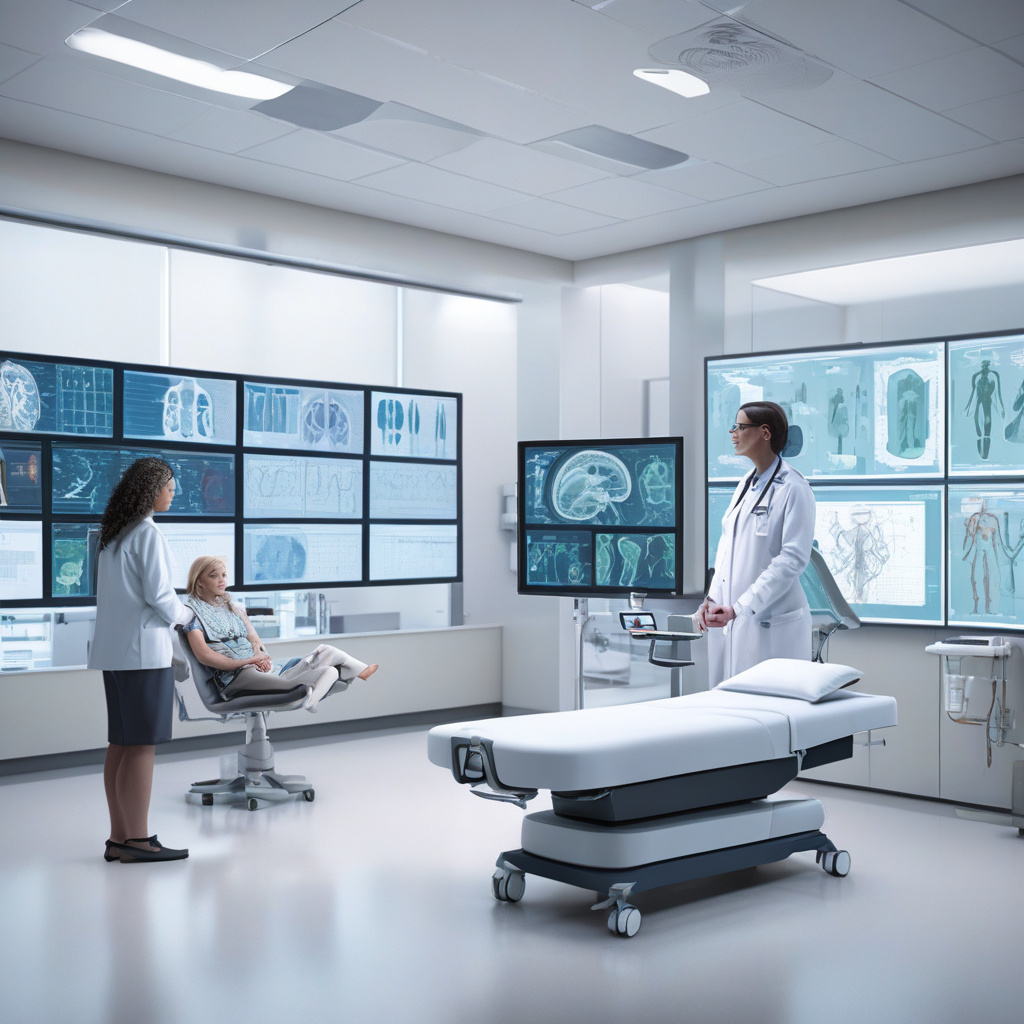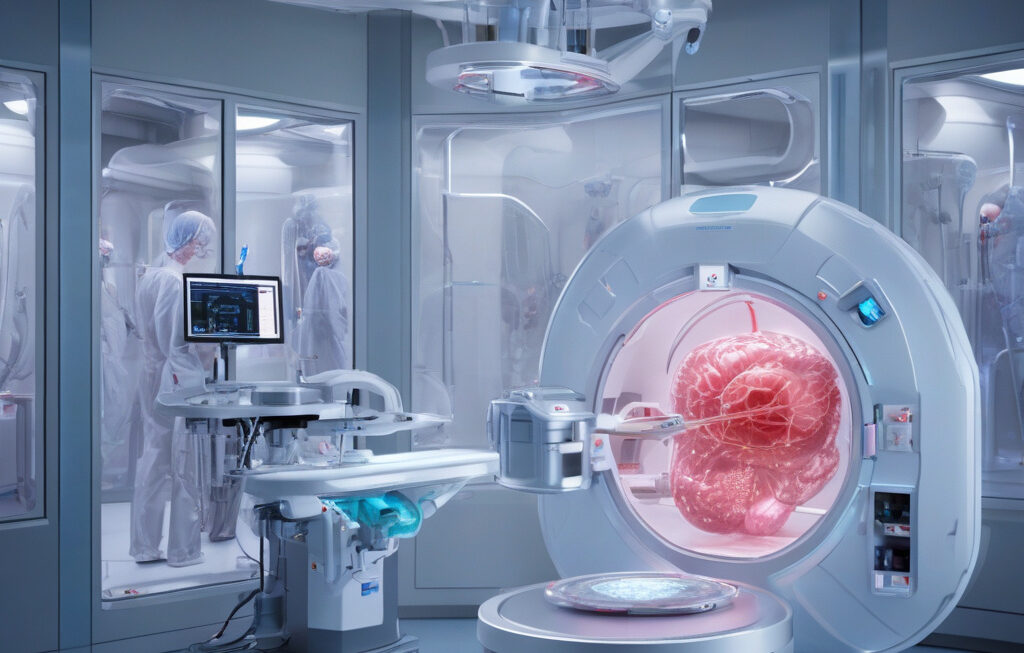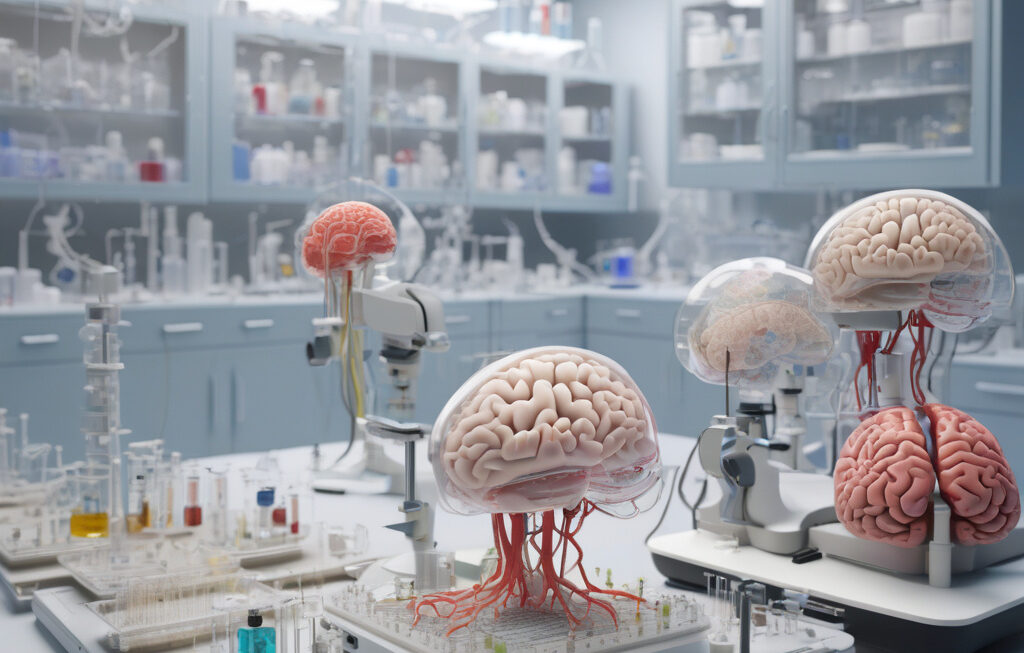AI System Uncovering Hidden Signals in Patient Records: Revolutionizing Diagnosis
In the realm of healthcare, the ability to accurately and swiftly diagnose medical conditions can be the difference between life and death. With the advancement of technology, particularly artificial intelligence (AI), a groundbreaking AI system known as InfEHR has emerged, showcasing remarkable capabilities in detecting hidden signals within patient records to enhance diagnostic accuracy.
During trials, InfEHR has demonstrated its prowess by detecting neonatal sepsis and post-operative kidney injury at rates significantly higher than current diagnostic methods. Through a sophisticated networked record analysis, the AI system was able to identify these conditions at rates 4–16 times greater than traditional approaches. This represents a monumental leap forward in the realm of medical diagnosis, potentially revolutionizing the way healthcare providers approach and treat various ailments.
The key strength of InfEHR lies in its ability to sift through vast amounts of patient data, including complex and often subtle signals that may go unnoticed by human healthcare professionals. By leveraging AI algorithms and machine learning capabilities, InfEHR can uncover patterns, correlations, and indicators that might otherwise remain concealed within the depths of electronic health records.
One of the primary advantages of utilizing AI systems like InfEHR is their capacity to process and analyze data at speeds far surpassing human capabilities. What may take healthcare professionals hours, days, or even weeks to decipher, an AI system can accomplish in a fraction of the time, leading to expedited diagnoses and treatment plans for patients.
Furthermore, the accuracy of AI systems in detecting hidden signals within patient records can significantly reduce the likelihood of misdiagnoses or overlooked medical conditions. By providing healthcare providers with comprehensive insights derived from data-driven analysis, AI technology offers a more holistic and nuanced approach to diagnosis, ultimately enhancing patient care and outcomes.
As InfEHR continues to evolve and refine its diagnostic capabilities, the potential applications of AI in healthcare are vast and promising. From early detection of diseases to personalized treatment recommendations based on individual patient profiles, AI systems have the power to revolutionize the entire healthcare landscape.
While the integration of AI technology in healthcare certainly raises ethical and privacy concerns that must be addressed, the undeniable benefits it offers in terms of improving diagnostic accuracy and patient outcomes cannot be overlooked. As researchers and developers continue to push the boundaries of AI innovation in healthcare, the future holds immense potential for leveraging technology to enhance the practice of medicine and ultimately save lives.
In conclusion, the emergence of AI systems like InfEHR marks a significant milestone in the journey towards more precise and effective medical diagnosis. By uncovering hidden signals within patient records at unprecedented rates, these advanced technologies have the capacity to transform the way healthcare is delivered, ushering in a new era of innovation and improved patient care.
AI, Healthcare, Diagnosis, InfEHR, PatientCare












